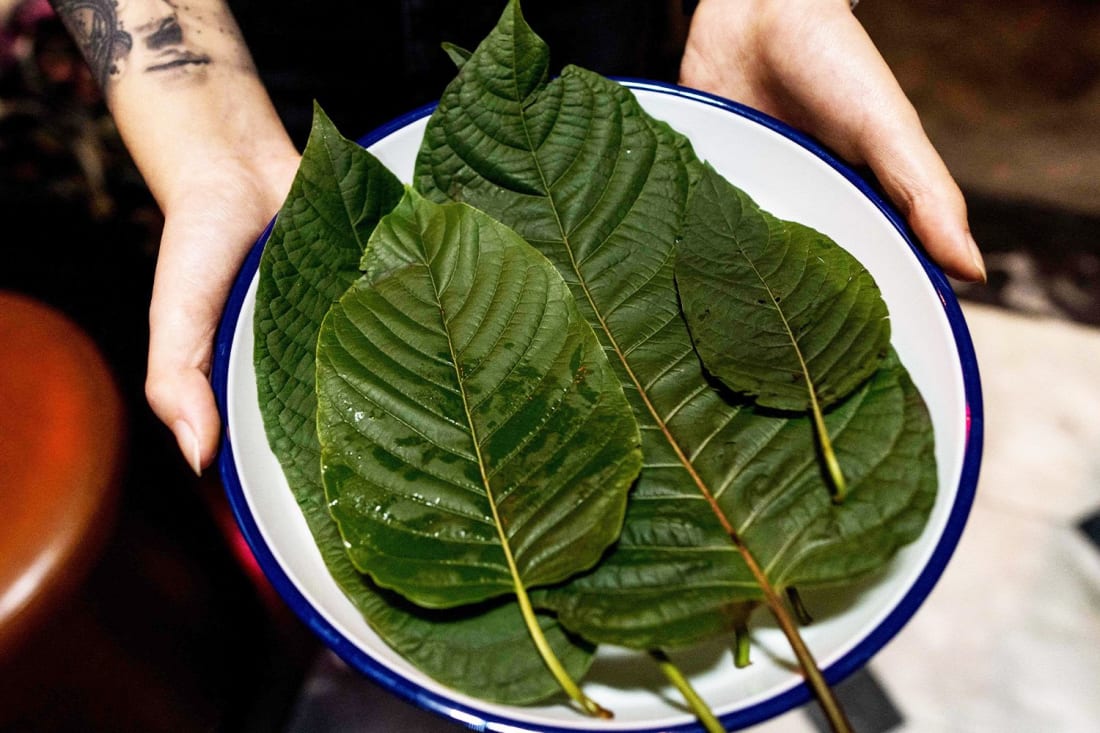What is AMR and how does it affect your sex life?
Antimicrobial resistance is impacting the way we treat STIs. Here’s why researchers at Ineos Oxford Institute are working on a campaign to raise awareness
Antimicrobial resistance is impacting the way we treat STIs. Here’s why researchers at Ineos Oxford Institute are working on a campaign to raise awareness
Imagine: you’re in the club, standing next to a cute person. One drink leads to another and you return home to have mind-numbing, earth-shattering sex. The day after you rinse and repeat with the next hot person. Life goes on. Until one ill-fated evening when you rush to the toilets with excruciating pain down there.
Huge NHS queues, rushed doctor’s appointments and many medical screenings later, you’re told it’s an STI and handed a prescription for antibiotics. It starts with a seven day course, extending into another week, then another week, but the sickening pain persists. The meds aren’t kicking in, the dreaded side effects are getting worse, the work is piling up and your sex life is a dud.
Sound like a living nightmare? Same, but according to research by the Ineos Oxford Institute (IOI), this could become real life very soon because of AMR. Let’s rewind. The IOI is a research institute — based out of the University of Oxford — that is presently working on a campaign to raise awareness around antimicrobial resistance, or AMR. Like the name suggests, AMR occurs when bacteria and viruses develop the ability to resist medication that would otherwise kill infections.
So the more often people pop antibiotics to treat a specific infection, the more likely that the microbe is gaining immunity to the drug. AMR is being touted as one of the biggest health challenges faced by the system; for context 1.2 million people reportedly die each year from antimicrobial resistance. As per IOI’s research, this is predicted to increase to 10 million deaths a year by 2050.
In case you’re wondering how this impacts your sex life, AMR is being witnessed increasingly in the treatment of STIs, particularly gonorrhoea and syphilis. Professor Timothy Walsh, the research director at the IOI’s AMR project, told woo: “There has been a 50% increase in gonorrhoea cases in the UK since 2021 and a large number of these infections have been difficult to kill with antibiotics. Some strains of gonorrhoea are extensively drug-resistant and some patients have already had treatment-failures.”
Just like sex, other everyday activities that we take for granted could also become highly dangerous due to AMR. Sport-related injuries, ear infections, burns, scrapes, and even UTIs could become harder to treat. Big yikes. While scientists are making important strides in the field, we can’t help but wonder, how did we get here? What can we do to make this better? And why isn’t anyone bigger than you and me (like… the government?) doing anything to help? We sat down with Professor Walsh to understand more.
What can young people do to resist the rise of AMR?
Prof Walsh: AMR is accelerated by the misuse and overuse of antibiotics in healthcare and farming around the world. However, sanitation, hygiene and how we manage human and animal waste is also a key factor. There are even clear parallels between global warming and AMR. There are some steps individuals could take to help prevent AMR by only using antibiotics when necessary and being vigilant when considering personal hygiene.
What do larger systems and governments need to do?
Prof Walsh: The IOI is working on developing new drugs for human use, and designing alternative antibiotics to use in agriculture and animal feed exclusively to reduce the threat of antimicrobial resistance globally. Due to a lack of investment in research, people haven’t discovered a new class of antibiotics for almost 40 years. Besides common STIs that are already resistant to antibiotics, 92% of bacteria that cause UTIs are resistant to at least one common antibiotic, and 80% are resistant to two. It’s down to policymakers to ensure that enough funding goes into research so that we can discover antibiotics to overcome AMR.
Why is AMR awareness important right now?
Prof Walsh: Public awareness about AMR is worryingly low. In September 2024 there will be a UN high-level meeting on AMR and therefore raising awareness prior to this pivotal meeting is crucial. Without the development of new solutions to combat the rise of bacterial resistance to current antibiotics, we will return to a pre-antibiotic era. Common medical procedures such as C-sections or hip replacement surgery could carry high risks. We need to ask governments, policymakers and businesses to act now so that antibiotics don’t stop working in our lifetime.
If you want to do something about AMR, sign the petition here so that the government invests more money into discovering antibiotics



















